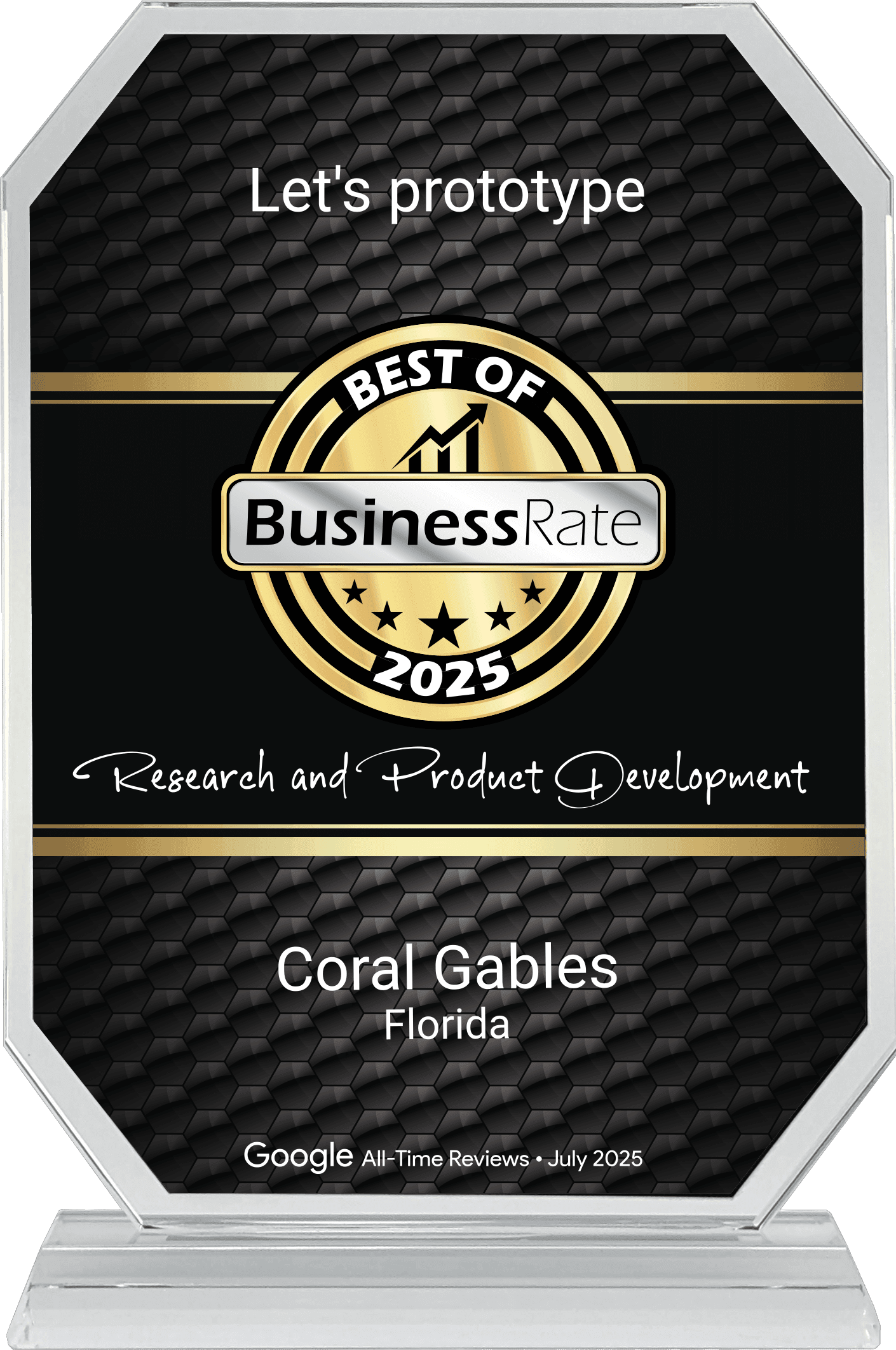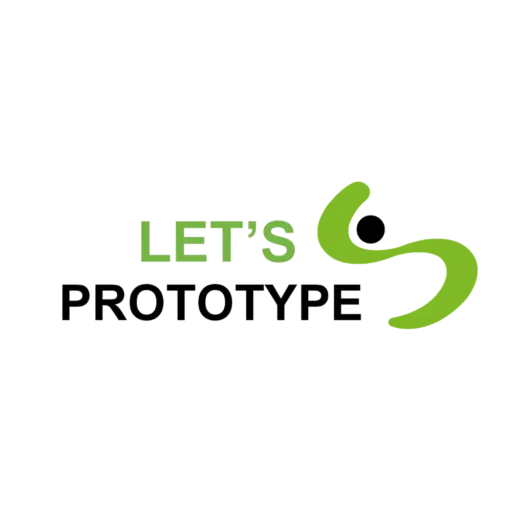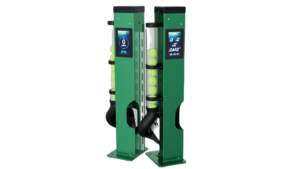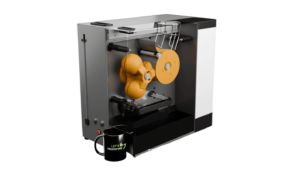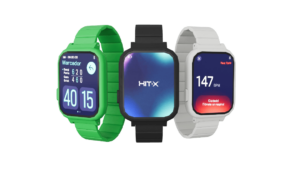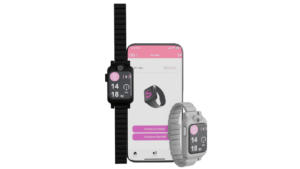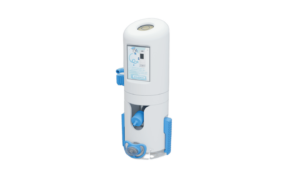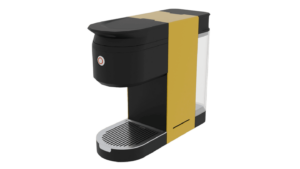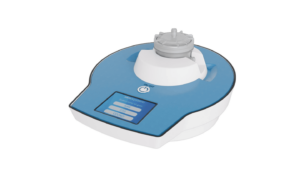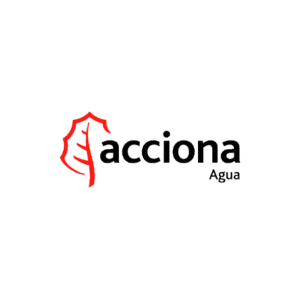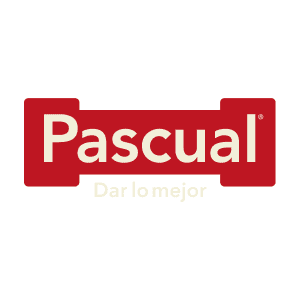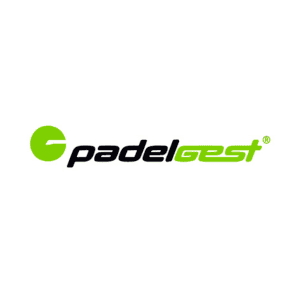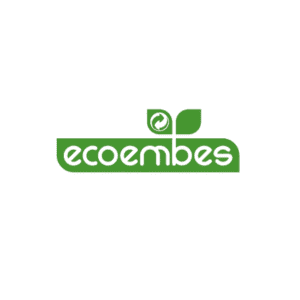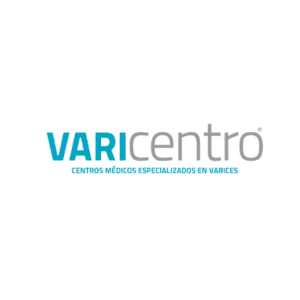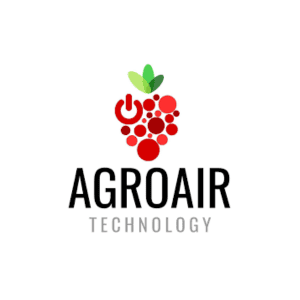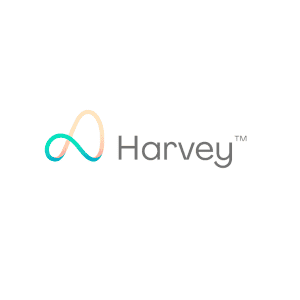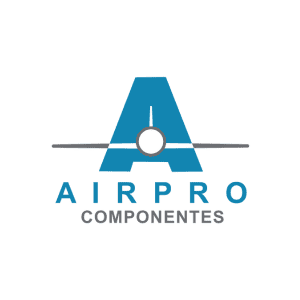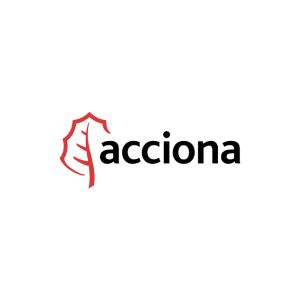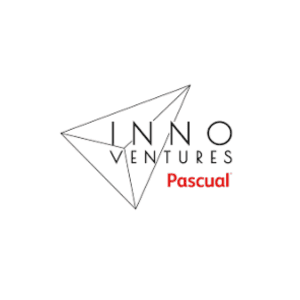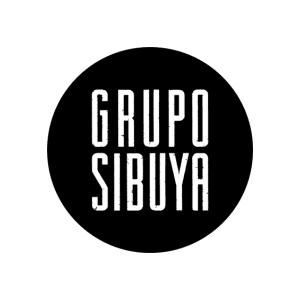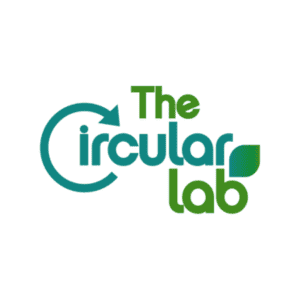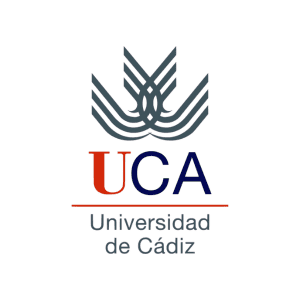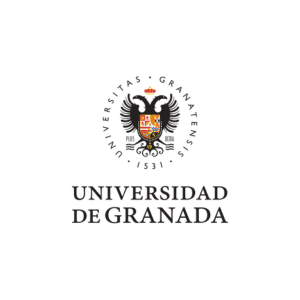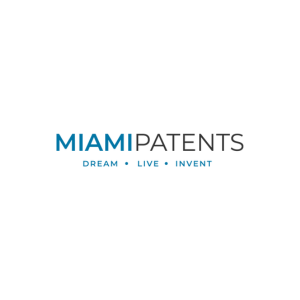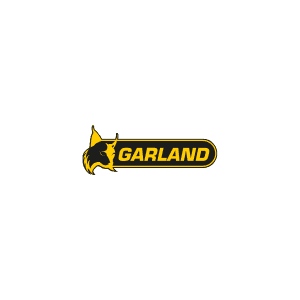Prototype Design and Manufacturing Company
We Build Your Ideas Patents Prototype Invention
We turn ideas into business opportunities through design, innovation, prototyping, and patents.
- I’m with a company
We develop products for leading companies.
- Get Your Questions Answered
Schedule a free consultation to answer your questions.
- Get Started
🇪🇸 (+34) 911 940 675 | 🇺🇸 (786) 813 4047
5 Steps to build a prototype
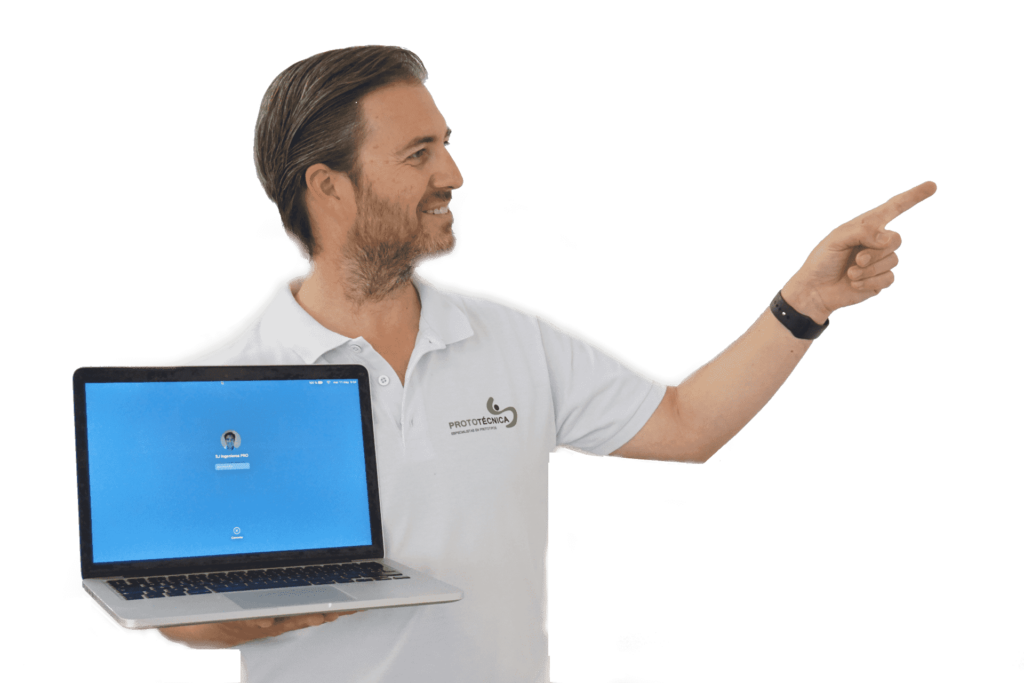
Everything you tell us will be confidential. We understand the importance of secrecy in obtaining patents and distinguishing yourself in the market.
We will study your idea to define the important requirements. This will allow us to design products that align with your concept
Within 72 hours, you will have a firm quote. With whatever amount we indicate, we assume responsibility for meeting 100% of your prototype’s working requirements..
After initiating the manufacturing process for your working prototype, you will receive a timeline and work schedule. Each week, you will review the product development status.
The requirements list will now become a “checklist.” Together, we’ll check that 100% of the functions have been successfully delivered. We are committed to doing so as efficiently as possible.
Leading innovation and invention manufacturing company
We’re with you every step of the way
01. IDEA
Got an idea but don't know where to start? We'll help you design your strategy, 100% free.
02. PRIOR ART
Want to know if your idea already exists or has been patented? We'll help you with the search and train you on the process.
03. R&D PROJECT
You need to prove your idea works. We'll develop an innovative solution that makes strong business sense.
04. PROTOTYPING
Are investors and industrial partners skeptical of your idea? We'll manufacture a fully functional prototype with a final-product look, leaving no room for doubt.
05. PATENTS
Unsure how to file and profit from a patent? We'll save you significant time and money.
06. PRE-PRODUCTION
Need to minimize the risk of your industrial investments? We help you replicate the product using custom, small-batch methods.
07. INDUSTRIALIZATION
Is it time to minimize manufacturing costs? We'll use our expertise and professional network to get it done.
08. CERTIFICATIONS
Do you know the certifications your product needs before hitting the market? We help you identify and secure them.
90% of inventors fail because they don’t understand the innovation cycle.
We offer a completely free informational consultation.
We bring your ideas to life through design and prototyping.
They trust us
Check your price now
Access market prices and smart tips for
Product manufacturing company

Let’s talk about your project
We’re aware of the importance of protecting information. It is for that reason that we only ask you for superficial and basic details that will allow us to assign your project in-house.
We’ll demonstrate that your idea works
Specializing for over 15 years in the manufacture of working prototypes
01
Digital validation
Based on your vision, we’ll design and simulate your idea’s main functions in digital environments.
02
Manufacturing your prototype
We will manufacture and iterate as many times as necessary until we demonstrate the technical viability of your prototype.
03
Checking that it works
Using as a benchmark the working requirements list shared during the retaining process, we will check each and every detail.
Information about prototypes and inventions
What is a prototype?
The prototype is the zero unit of an idea. It serves to demonstrate the technical and business viability of an idea.
When to manufacture the prototype?
The product prototype should be manufactured after validating the technical challenges and before patenting the invention.
Prototype Prices vs Final Product Prices?
Elon Musk and other investors dedicated nearly $1 billion to the research and development of Tesla vehicles.
The price of a Tesla in the market is around €30,000.
There is no proportionality between the price of a prototype and the final product price.
However, there is a direct relationship: the lower the investment in a prototype, the worse the final product prices will be.
How is a Prototype Made?
The steps to make a prototype are:
- Document and demonstrate the problem.
- Define the technical feasibility.
- Build a prototype and refine it.
- Industrialize the product.
How much does the prototype cost?
The costs of a prototype are related to its technical complexity and the number of disciplines involved.
The average price of a prototype can be around €25,000.
How much does it cost to design a product?
Sketch: Graphic design of the idea. (Between €100 and €500)
Industrial Design: Between €8,000 and €15,000.
The difference between a sketch and industrial design is that in industrial design, you have to "invent the invention" and document how the prototype works.
Design Agency vs Prototype Laboratory
Design agencies can help you create a sketch to graphically document an idea. The prototype lab has the capability to invent an invention and make it work.
Is a model the same as a prototype?
The model is a physical representation used to define shapes and geometries. Functional prototypes demonstrate the technical viability of the invention.
What is a patent?
The patent is an exclusive right granted to an inventor for their discovery or product.
How much does a patent cost?
In Spain, a patent costs €10,000: 80% for advisors and 20% for state fees. Around 48% of patents are approved, as the examination rigor is quite strict.
What is a Utility Model?
The Utility Model is a method of protecting inventions that lack innovation. Most Utility Models registered in Spain should be protected in another way. However, few advisors find it convenient to register a patent.
How much does a Utility Model cost?
The cost of a Utility Model is: €120 in fees and €1,500 for advisors. Almost 90% of utility models are approved because they lack a substantive examination.
How to patent an idea?
The steps to patent are:
- Describe the invention.
- Search for prior art.
- Define the innovation
- File the patent.
- Wait for publication.
What inventions can be patented?
If the invention brings novelty and this novelty represents an improvement for users, the invention is patentable.
For example, if I take two motorized wheels (which already exist) and introduce them for the first time into a tennis post to create a more efficient ball launcher: the invention is patentable.
Inventors' opinions
EXCELENTETrustindex verifica que la fuente original de la reseña sea Google. Os deseo lo mejor en esta nueva etapa, seguro k lo haréis cada día mejor. Enhorabuena por la expansión. Un saludo.Publicado enTrustindex verifica que la fuente original de la reseña sea Google. acudí a let's prototype con una idea de un invento que tengo en mente y la verdad son muy responsables, antes de nada se firma un documento de confidencialidad de ambas partes. La atención ha sido profesional, atenta, responsable y sobre todo no te venden gato por liebre. Muchas gracias Erick a ti y a todo tu equipo. Un saludo.Publicado enTrustindex verifica que la fuente original de la reseña sea Google. Erik me ha tratado con mucha amabilidad y ofreciéndome todas las explicaciones pertinentes con mucho agrado. Sin duda alguna, así es fácil optar por ellos.Publicado enTrustindex verifica que la fuente original de la reseña sea Google. Me han ayudado muchísimo en encaminar mi idea y guiarme para comenzar mi proyecto Robotico. Muchas gracias por el trato y por la atención tan personalizada.Publicado enTrustindex verifica que la fuente original de la reseña sea Google. Thanks a lot Let's Prototype for your support with my invention, you did me belive in it more and more ! Many thanks for your weekly email with precious advice! keep send it please! Good luck in yours new adventure in the states ! See ya soon! NicolaPublicado enTrustindex verifica que la fuente original de la reseña sea Google. Excelentes profesionales. Trato personalizado, atento y cercano, ofreciendo gran variedad de soluciones en el desarrollo de prototipos, software y de modelos de negocio. Muy completos y con un coste muy competitivo.Publicado enTrustindex verifica que la fuente original de la reseña sea Google. Muy profesionales, aclaran todas tus dudas en relación a tu proyecto y son muy transparente a la hora de decirte si esa idea funciona o no, yo los recomiendo 100%Publicado enTrustindex verifica que la fuente original de la reseña sea Google. Dao Cima
Management team

Iván Bedia
CEO
An entrepreneur, private investor and passionate about industrial engineering and product design, Iván has founded and helmed, over the course of two decades, companies related to the field of aeronautical maintenance, as well as private investment management and strategic consulting firms. He brings to each project a large dose of business vision and industrial feasibility of great relevance to the immediate future of each project. He has a M. Eng. in Industrial Engineering from Universidad Alfonso X El Sabio in Madrid and an MBA from IE Business School. He also completed an advanced program in AI Product Design at the Massachusetts Institute of Technology (MIT)

Erick Remedios Muiños
BDM
After a decade supporting entrepreneurs in start-up and innovative solution marketing processes (which activity he still conducts through BusinessInFact, S.A.) he now devotes 25 hours a day to supporting each and every one of Let’s Prototype clients, ensuring in each case the delivery of prototypes that are not just innovative, but also backed by sufficient sales arguments. He graduated with an undergraduate degree in Communications from Universidad de La Habana and earned a Master in B2B Communications from URJC.
Product design firms
Madrid, Spain
- Av. del Cerro del Águila, 9, 28703 Madrid
- hello@letsprototype.com
- +34 911 940 691
- +34 911 940 675
Miami, US
- 95 Merrick Way, 3rd Floor - Unit 325 Coral Gables, FL 33134
- hello@letsprototype.com
- +1 (786) 402-1124
- +1 (786) 813-4047
Recognitions and Certifications
ISO 9001:2015
First ISO 9001:2015-certified engineering firm specializing in the manufacture of working prototypes and pre-series.
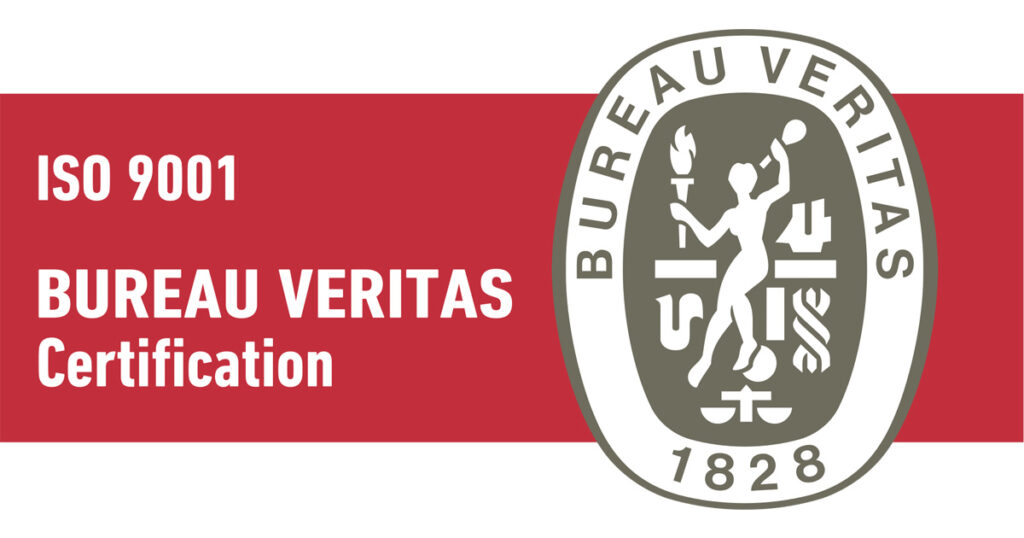
Keys Miami - DADE
Awarded the keys to Miami-Dade County on January 14, 2025 by County Mayor Daniella Levine Cava.
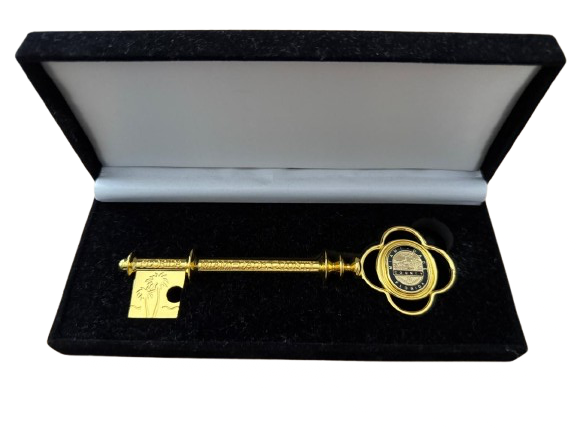
Awarded by BusinessRate (2025)
Prototype development company most trusted in Miami’s innovation category, specifically in Coral Gables.
